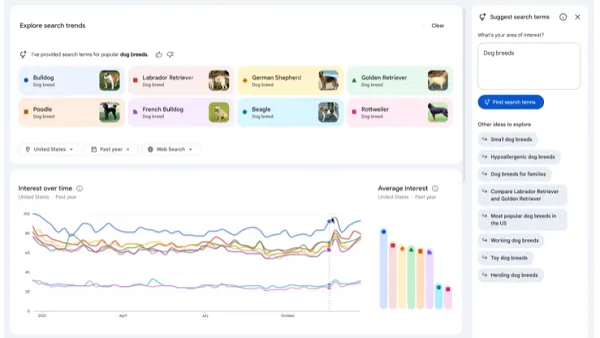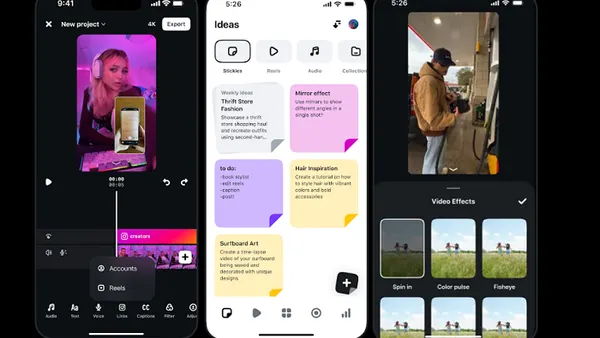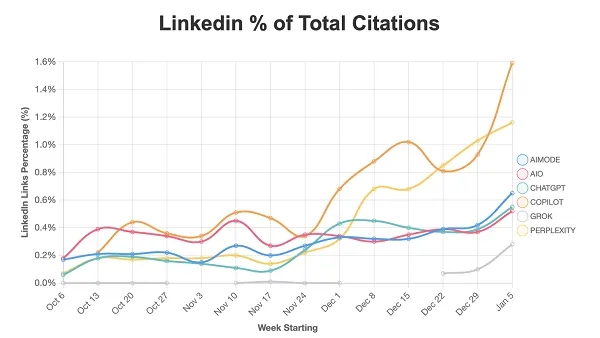What I find interesting is how most of the questions David lists betray a desire to leverage social media as a marketing tool: "How are you measuring social media," "How do you determine the return on investment for social media," and "What's a friend worth?" (That last question must be asked by some mighty lonely people, don't you think?)
I'm glad that marketers are attending social media conferences and seeking to understand how social media is changing the environment in which they cultivate relationships between the brand and consumers. But it seems marketers are coming alone; where are their peers from other corners of the organization?
While I believe marketers should have a significant role in an organization's social media efforts, maybe it's time we understood:
Social Media is a communications channel and not a marketing tactic!
Rather than think of Social Media as part of the marketing toolkit, it would be more accurate to consider Social Media as a communications channel. Social Media isn't a one-way advertising medium but a channel for two-way (or more) dialog; it is much more akin to the telephone or email than to an ad medium such as TV or print.
Email makes a fine metaphor for exploring Social Media. Email can be used for marketing; the marketing department can develop an eCRM strategy, build a permission database, segment the audience, and launch offers via email. Marketers can also buy ads in existing email newsletters and, although it is not usually recommended, can purchase lists to send email offers to consumers.
But although marketing has a significant role in the way the organization employs email, the marketing department is responsible for just a small piece of the email pie. In other divisions, email is used for intracompany communications, to build relations with partners, to provide service to customers, to facilitate sales, and to schedule interviews for job candidates.
Every department and just about every employee in the modern corporation uses email as a tool, and this is how Social Media will also soon develop. Marketing will have some role, such as advertising (if someone figures out how to make social advertising work), blogger relations and social media PR, creation of branded communities, development of widgets to enhance consumers' social media experience, and preparation and execution of rapid response via Social Media channels to combat incorrect or negative PR.
But the impact of social media will be felt far beyond the reaches of the marketing department. For example, today recruiters may participate in employment forums, but in the future they'll be seeking current and future candidates wherever they may be engaged in Social Media. This includes creating relations with talented individuals who may someday be interested in changing jobs, consistently sharing information about your organization's work environment to encourage response from lurkers, networking for referrals, and seeking out and inquiring with individuals who meet current needs, even if they have yet to express an interest.
Another example for how Social Media will be used outside of marketing is in the customer service group. Rather than wait for a consumer to express a need and then navigate through your phone system or Web site, customer service professionals will constantly monitor social media for compliments and complaints, engaging consumers and providing proactive support.
Brands could be using proactive Social Media to help consumers and create goodwill today. A Summize search shows the word Target has been used on Twitter 15 times in the past two hours; around half of these Tweets refer to the retailer. People are talking about Target, but the company isn't listening or responding.
sarahbellum says "Nothing is better than shopping at Target with your best girlfriend. Nothing," and Christyxcore says, "We're goin to target. Love the Target." These are nice comments being broadcast by consumers, so why isn't Target saying "Thank you"? missloulou says, "i need to get comfortable shoes for work target sandals are murdering my feet!," but Target isn't there to find out when she purchased them or to offer assistance with an exchange. Engaging sarahbellum, Christyxcor, and missloulou may not immediately increase sales, but it would position Target as a caring, appreciative, involved, and smart retailer.
It would seem the current and future impact of Social Media is not being felt or understood throughout organizations quite yet. If it were, the preponderance of blog posts and questions being asked at Social Media panels wouldn't be framed in the context of marketing. Marketers are to be congratulated for being quick to recognize the opportunities of Social Media, but if they really want to be sure their organizations are getting a jump on this new communications trend, they need to stop thinking only from the frame of reference of advertising and start encouraging a coordinated effort throughout the organization.
Thanks to Jeremy over at Kohl's for the MediaPost link.
Link to original post









